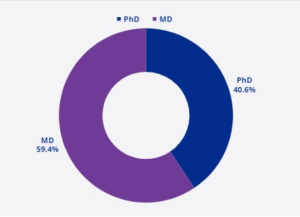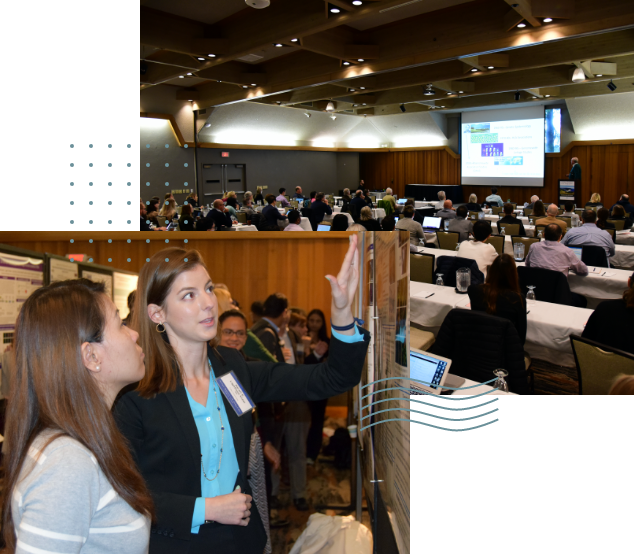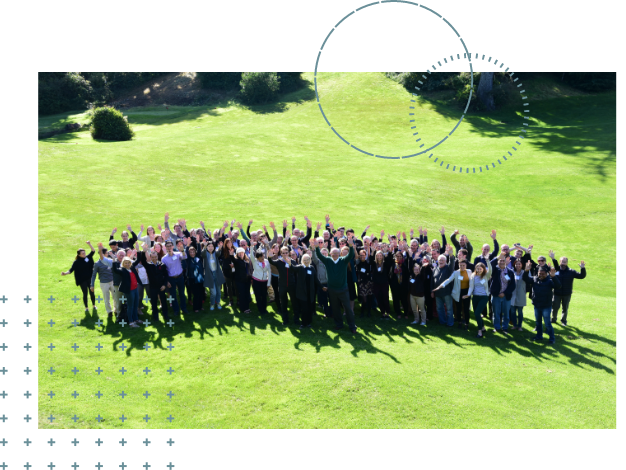Inspiring clinicians and investigators since 1950
Resident memory T cells (TRM) are specialized, non-circulating immune cells that form in peripheral tissues following antigen exposure. They accumulate in barrier tissues like the skin, where they provide rapid defense against previously encountered pathogens.
While TRM cells are essential for protective immune responses against infections and cancer, their dysregulation or activation against self-antigens can lead to chronic inflammatory and autoimmune conditions such as psoriasis, vitiligo, and contact dermatitis.
The Montagna Symposium will explore TRM roles in various contexts—including skin diseases, cancer immunity, antiviral defense, and drug hypersensitivity—while also addressing their tissue niches, epigenetic regulation, and implications for vaccine development. The symposium aims to foster interdisciplinary collaboration, translate research into clinical practice, and support the next generation of scientists and clinicians.
Program Chair
Rachael Clark, MD, Ph.D.
Co-Organizers
Liv Eidsmo, M.D., Ph.D.
Thomas Gebhardt, M.D., Ph.D.
William J. Crisler, Ph.D.
Symposium Co-directors
Tamia Harris-Tryon, MD, PhD
Sancy Leachman, MD, PhD
Dennis Roop, PhD
Symposium Director Emerita
Molly Kulesz-Martin, PhD
Important dates:
- Check back soon!
Sessions:
- Session 1: T in inflammatory and autoimmune skin diseases: Psoriasis, Vitiligo, Contact dermatitis, Chronic atopic dermatitis,
GvHD, Face/limb VCA transplant rejection - Session 2: TRM in cancer: Melanoma, SCC, BCC, MCC, CTCL
- Session 3: TRM in infectious diseases: role and vaccination strategies: HSV, Leishmania, VCV, HPV
- Session 4: Biologic and therapeutic aspects of TRM: Generation and persistence, metabolism, depletion strategies, tolerization strategies
Target Audiences:
Oncologists, Immunologists, Dermatologists, Biologists, Geneticists, Biomedical Engineers. MDs (Including HCPs), PhDs, MD/PhDs, Fellows, Dermatology Residents, Post Doctoral Researchers, Students.

The breakdown of attendees with a PhD and MD shows that clinicians and researchers attend this conference in comparable numbers, meeting our goal to bridge the gap between research and clinical care and create a multi-disciplinary event.
- Past attendees have provided the following feedback:
- 95% of respondents had met researchers or clinicians with whom they might consult or collaborate.
- 92% of surveyed attendees said they learned new information and strategies that they can apply to work or practice.
- 98% of attendees indicated they had learned novel ideas/strategies to treat skin conditions.
- 97% of survey respondents rated the contribution to their research knowledge as excellent or good.
- 30% of survey respondents indicated they were practicing MDs/DOs in the medical field.

“The Montagna Symposium was an incredible opportunity to interact with many leading scientists in skin biology…I look forward to returning many more times over the course of my career!”
Candidate, Washington University
“It was my first international conference and my first time in the States. It was really a memorable one for me, my career, and my family. There was a great synergy between the clinicians and the basic scientist at the meeting.”
“I found the meeting’s intimate setting especially fruitful for scientific discussions and professional development. This was by far the best medical or scientific meeting I have ever attended.”
Assistant Professor of Dermatology, University of California
“The rich diversity in the meeting was top notch. In all, it was a great meeting for me and one to remember for long time to come.”
“At the wonderful Montagna Symposium, I met many experts in stem cell research in skin biology…The meeting has brought me to a new stage as a researcher in skin biology.”
Assistant Professor, Gifu University School of Medicine
“The program…had nice mixture of basic biology and translational research, and established and young investigators…I would say this was one of the best meetings ever.”
Assistant Professor, Oregon Health & Science University
“The 70th annual meeting was FANTASTIC with basic, translational, and clinically relevant insights.”
